Earlier this year Sara Stride, Senior Lecturer in Midwifery in the Faculty of Health, Environment & Medical Science (HEMS), applied to a joint venture between Bournemouth University and BEAF Arts Co, a multi-art form festival and year-round arts programme. She was awarded funding for the fees and materials of a local artist, to help her share the findings from her excellent PhD research project. Sara’s research explores midwives’ experience when women that they have cared for sustain birth injuries. Midwives report experiencing physical and emotional problems or feelings of guilt and shame.
A novel research method Appreciative Inquiry was used as an approach that is particularly appropriate for sensitive topics, to help participants reflect on their experiences together [1-3]. Participants used creative methods of storytelling, clay, drawing and mosaics to share reflections, what works for them and how this helped them professionally and personally.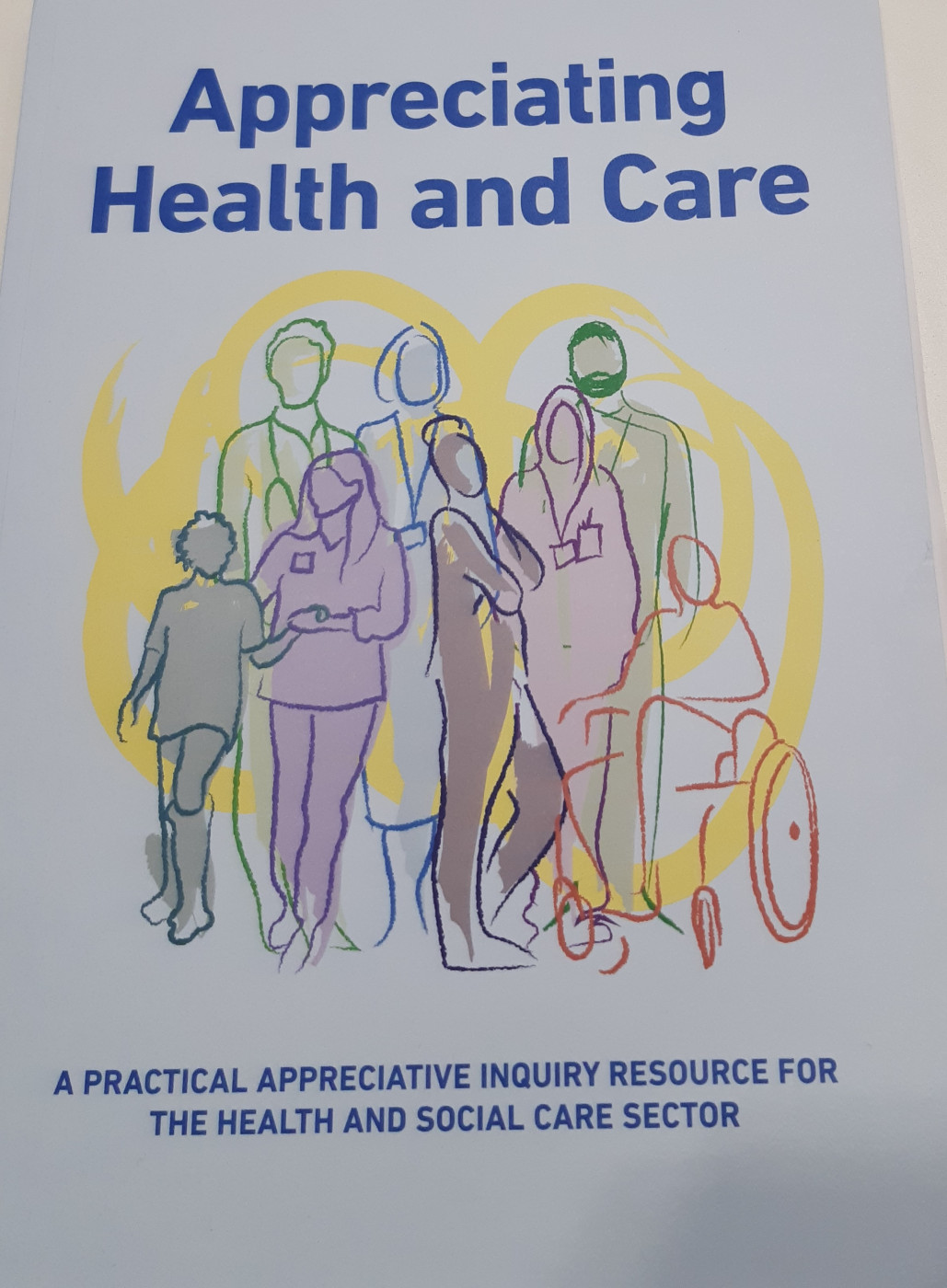
Sara commented: “As a researcher I could see how therapeutic it was for midwives to participate in the discussions whilst using the creative resources. This inspired me to apply to work with the artist to capture the research findings in an image. As a visual learner myself I felt that this would help me to share my research findings in a way that using words alone may not be able to convey.”
The local artist, Corrianna Clarke, had chosen Sara’s project, and Cora created a digital image to portray the research findings. They had several meetings to discuss the initial images and colour palette, research participants research were asked for feedback on the image. Their comments were very positive and they did not feel there was anything missing. They hoped that others would understand the “feeling of being cared for” and the importance of “protection, care and working together”.
Sara felt that her collaboration with Cora really captured the value of how midwives work together. Sara added: “It was an amazing opportunity to work with an expert in another field, as we learnt from each other as we worked together. The completed image will be available to share after I have completed my PhD. Cora and I would like to thank the organisers for funding this project and giving us this opportunity and as this was a pilot project we hope that the same opportunity will be extended to others in the future.”

Sara Stride, Senior Lecturer in Midwifery & Corrianna Clarke, Community Artist.
For more information about the research or the use of Appreciative Inquiry, contact: Sara Stride: sstride@bournemouth.ac.uk

Reference:
- Hodgkiss, D., Quinney, S., Slack, T., Barnett, K., Howells, B. (2024a) Appreciating Health and Care: A practical Appreciative Inquiry resource for the Health and Social Care sector, Forres: Appreciating People; ISBN: 978-1-9160267-6-6
- Hodgkiss, D., Quinney, S., Slack, T., Barnett, K., Howells, B. (2024b) Appreciating Health and Care: AI in practice, Forres: Appreciating People.
- Arnold, R., Gordon, C., van Teijlingen, E., Way, S., Mahato, P. (2022). Why use Appreciative Inquiry? Lessons learned during COVID-19 in a UK maternity service. European Journal of Midwifery, 6 (May): 28. (Online – open access) (DOI): https://doi.org/10.18332/ejm/147444
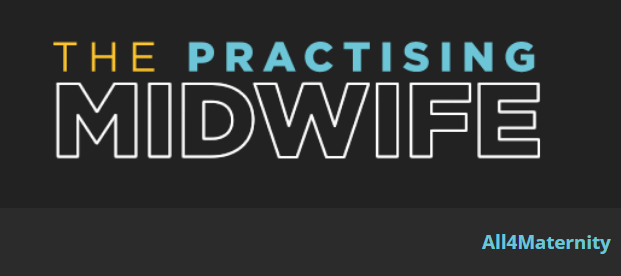 Joanne is doing her Clinical Doctorate in the Centre for Midwifery & Women’s Health (CMWH) specialising in personalised care for women of advanced maternal age (AMA). This PhD study is matched-funded by University Hospitals Dorset (UHD) NHS Foundation Trust and Bournemouth University.
Joanne is doing her Clinical Doctorate in the Centre for Midwifery & Women’s Health (CMWH) specialising in personalised care for women of advanced maternal age (AMA). This PhD study is matched-funded by University Hospitals Dorset (UHD) NHS Foundation Trust and Bournemouth University.  Her PhD is supervised and supported by Profs. Vanora Hundley and Edwin van Teijlingen at BU and former BU Professor Ann Luce (who has recently moved to the University of the West of Scotland) and Dr. Latha Vinayakarao in Bournemouth Maternity Hospital.
Her PhD is supervised and supported by Profs. Vanora Hundley and Edwin van Teijlingen at BU and former BU Professor Ann Luce (who has recently moved to the University of the West of Scotland) and Dr. Latha Vinayakarao in Bournemouth Maternity Hospital.

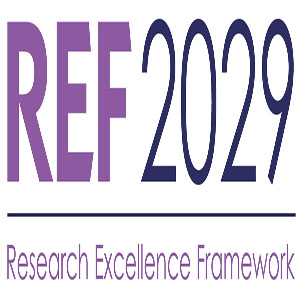
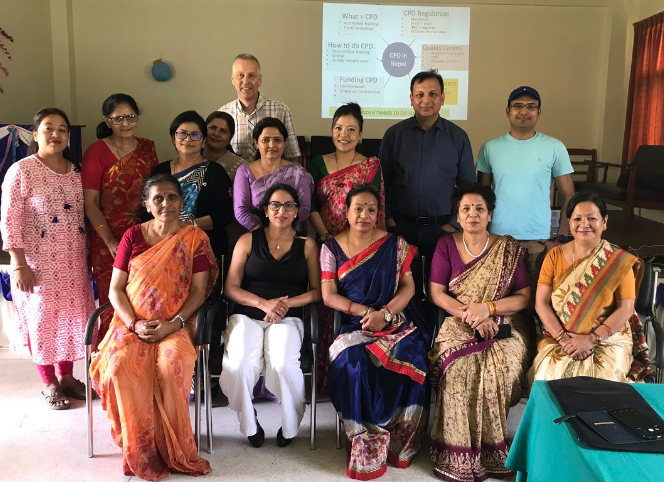

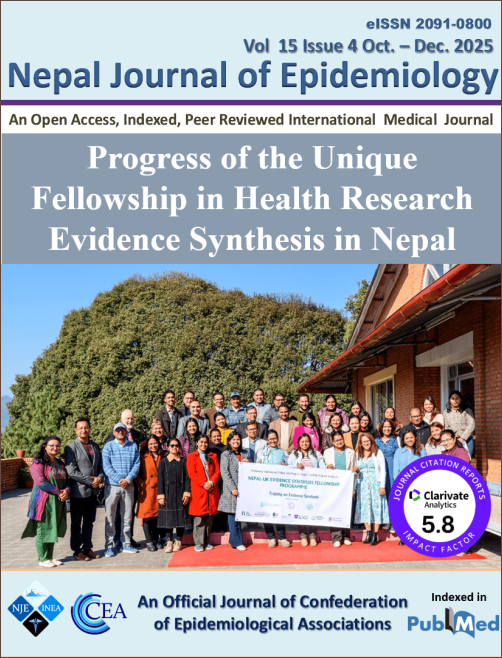
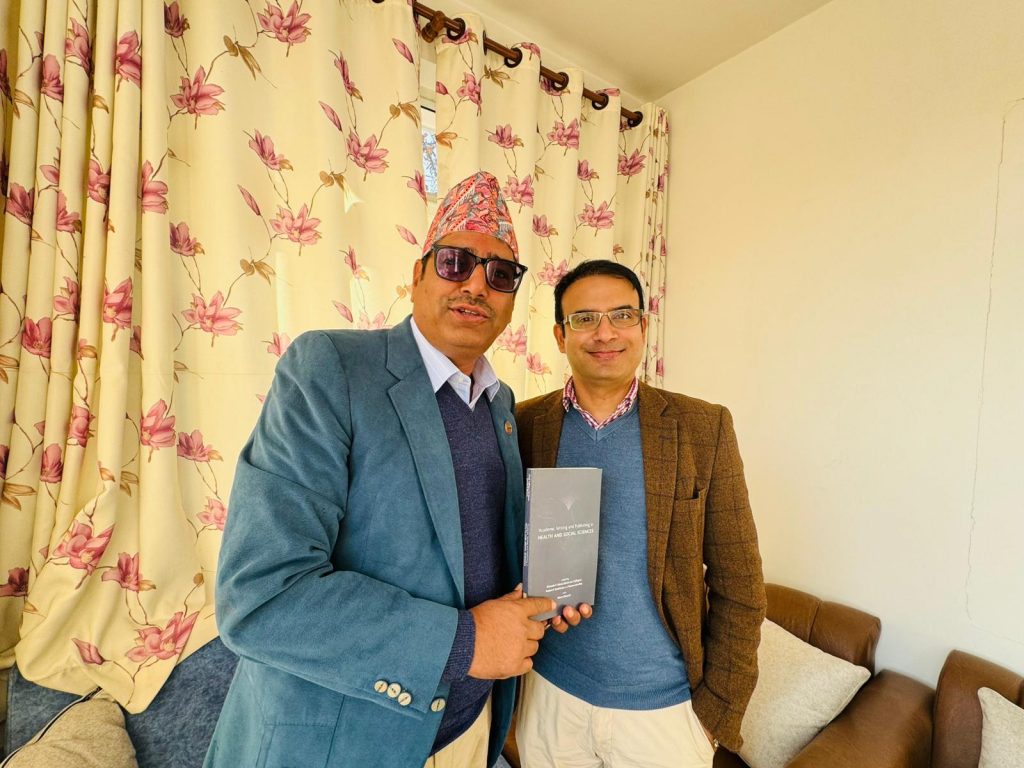

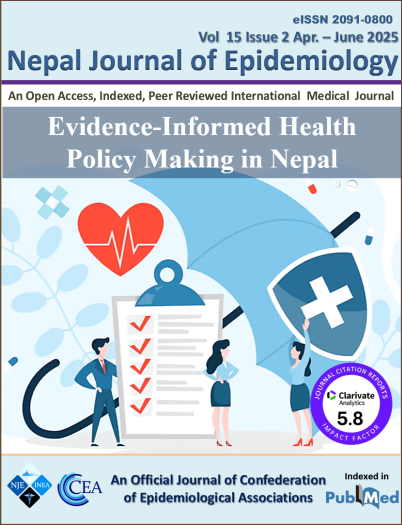
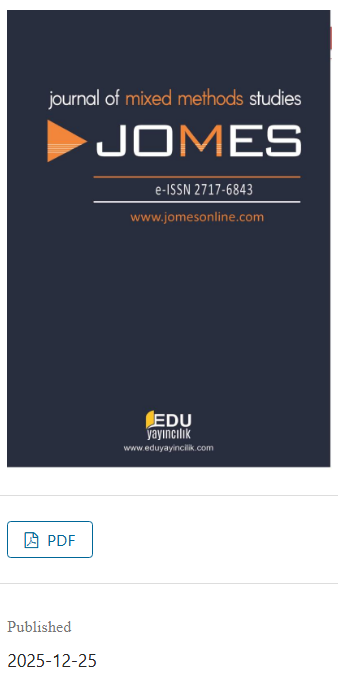

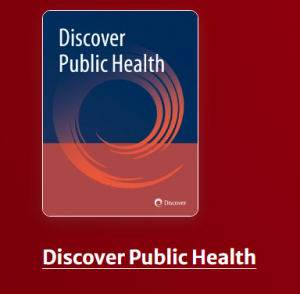
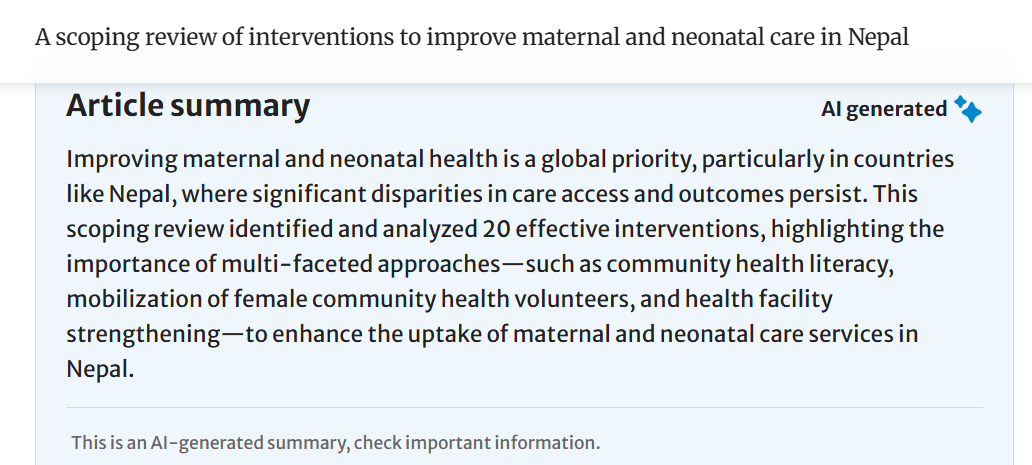

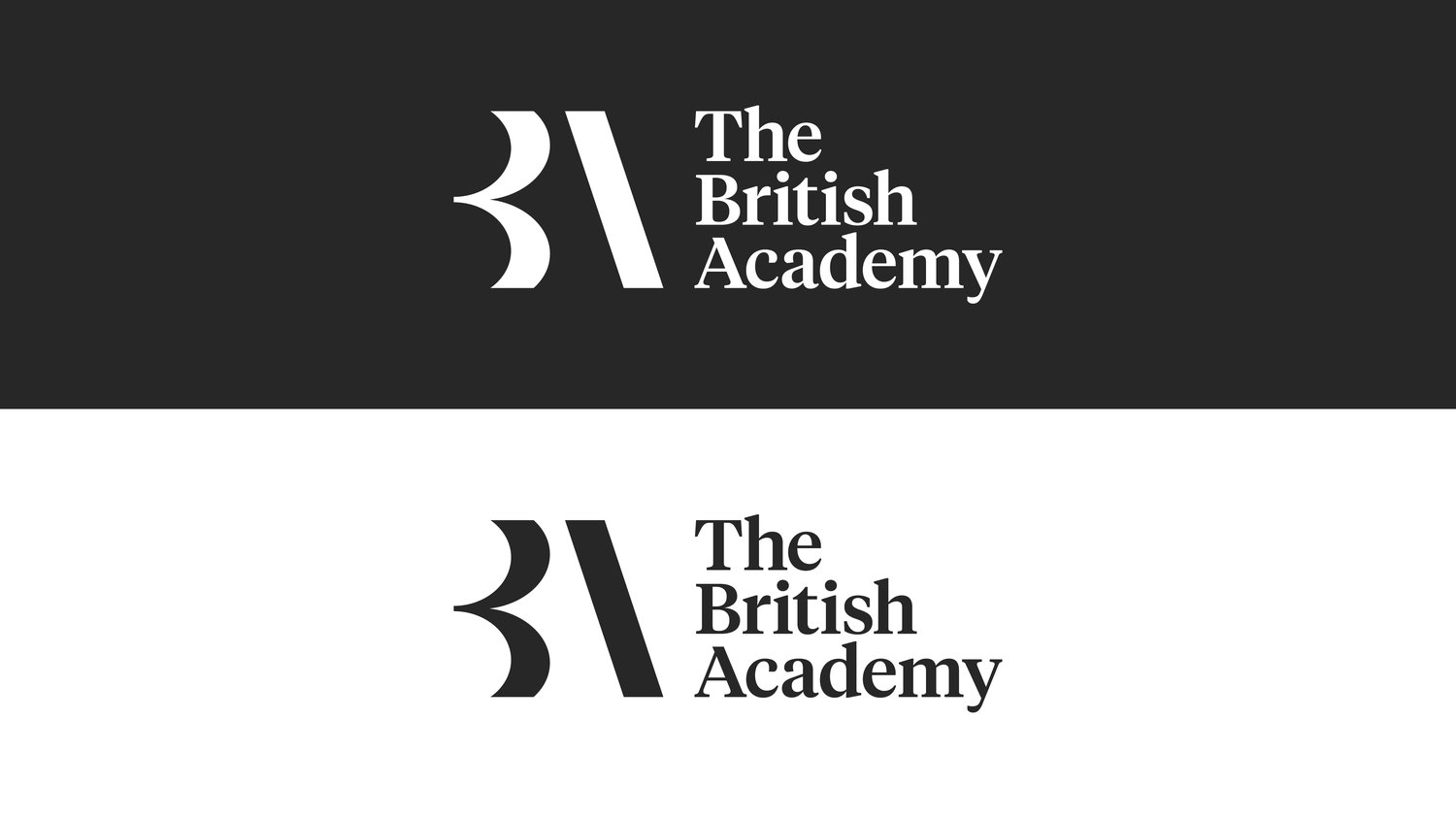
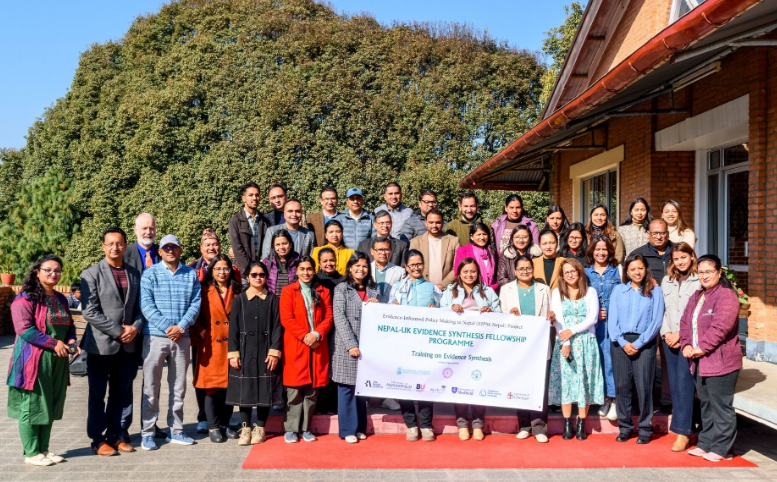

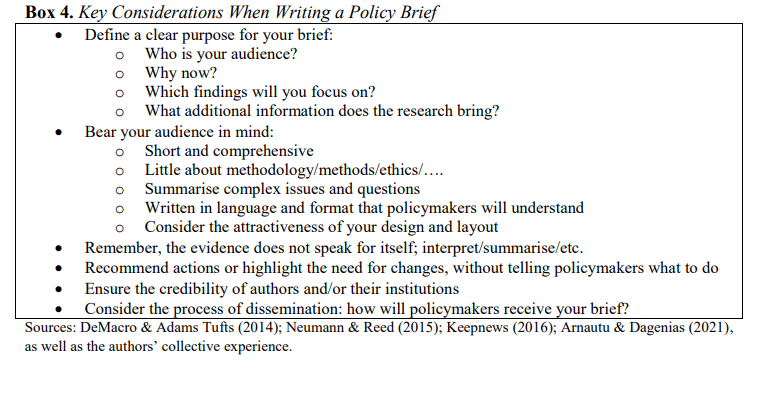

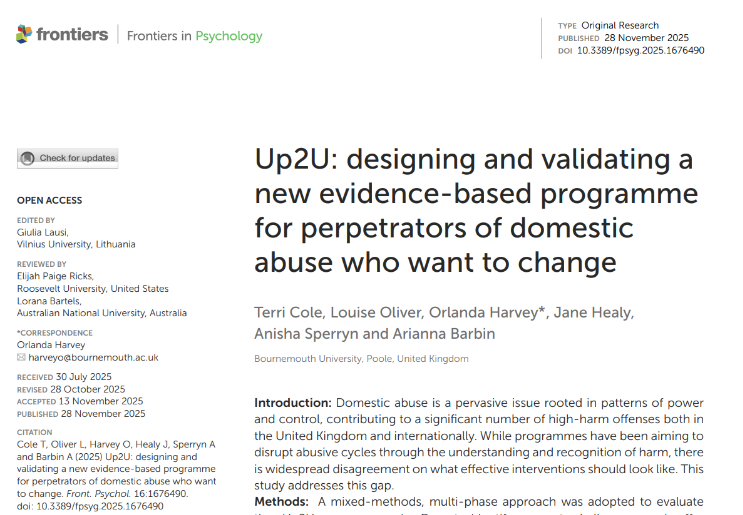
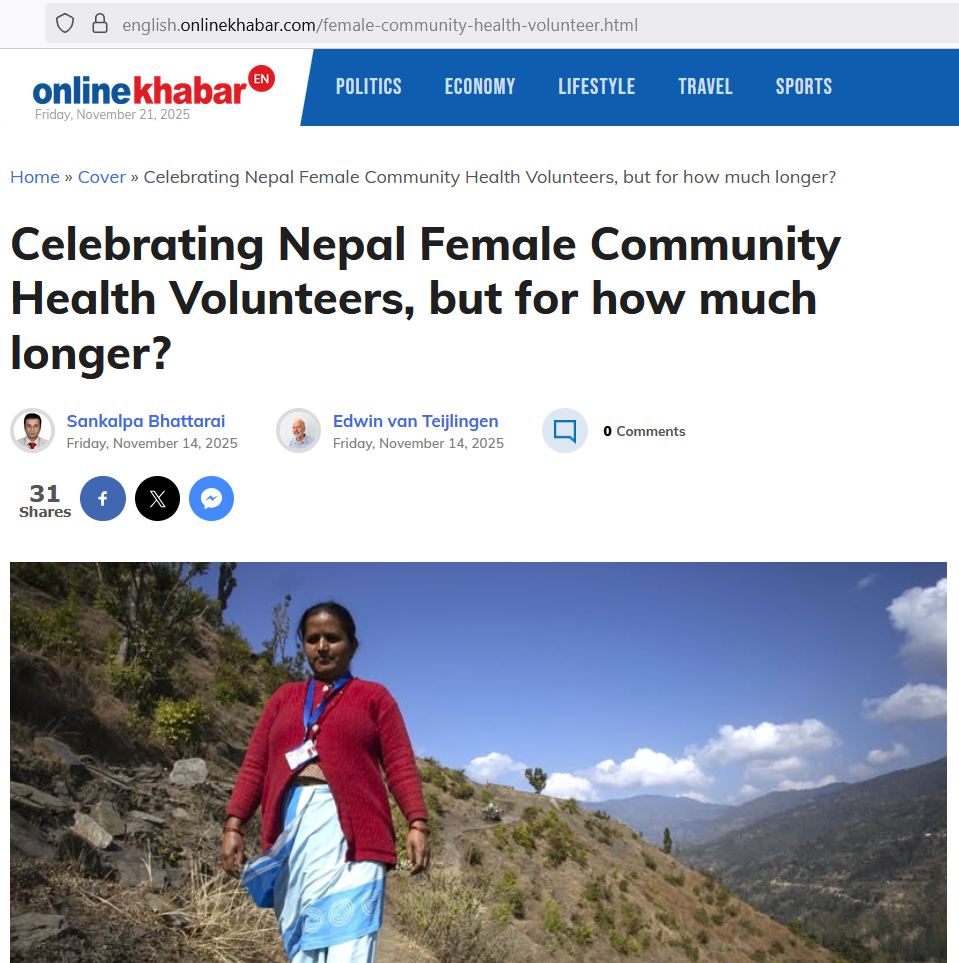

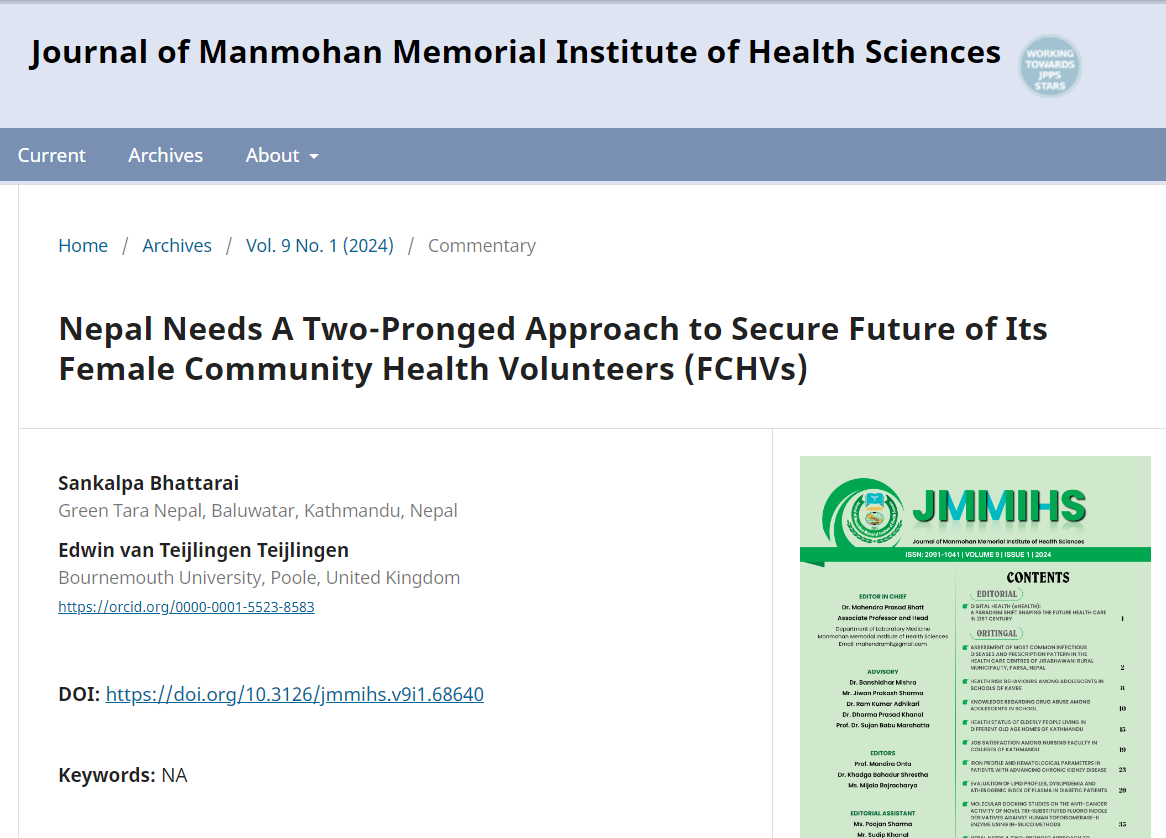





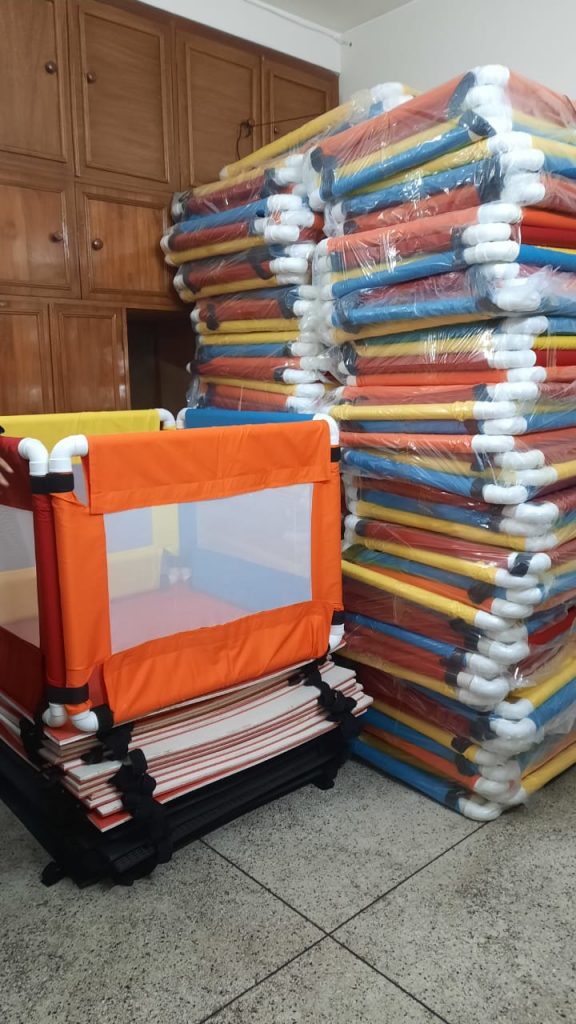



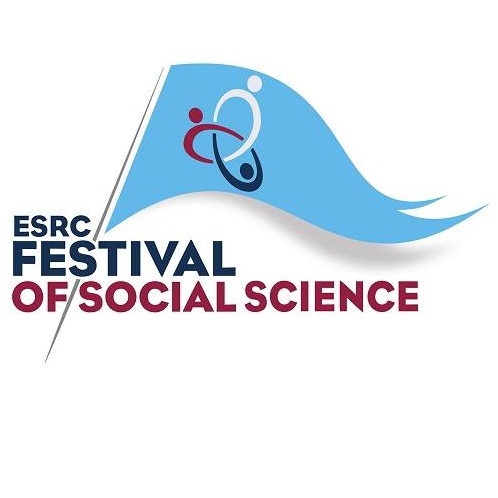

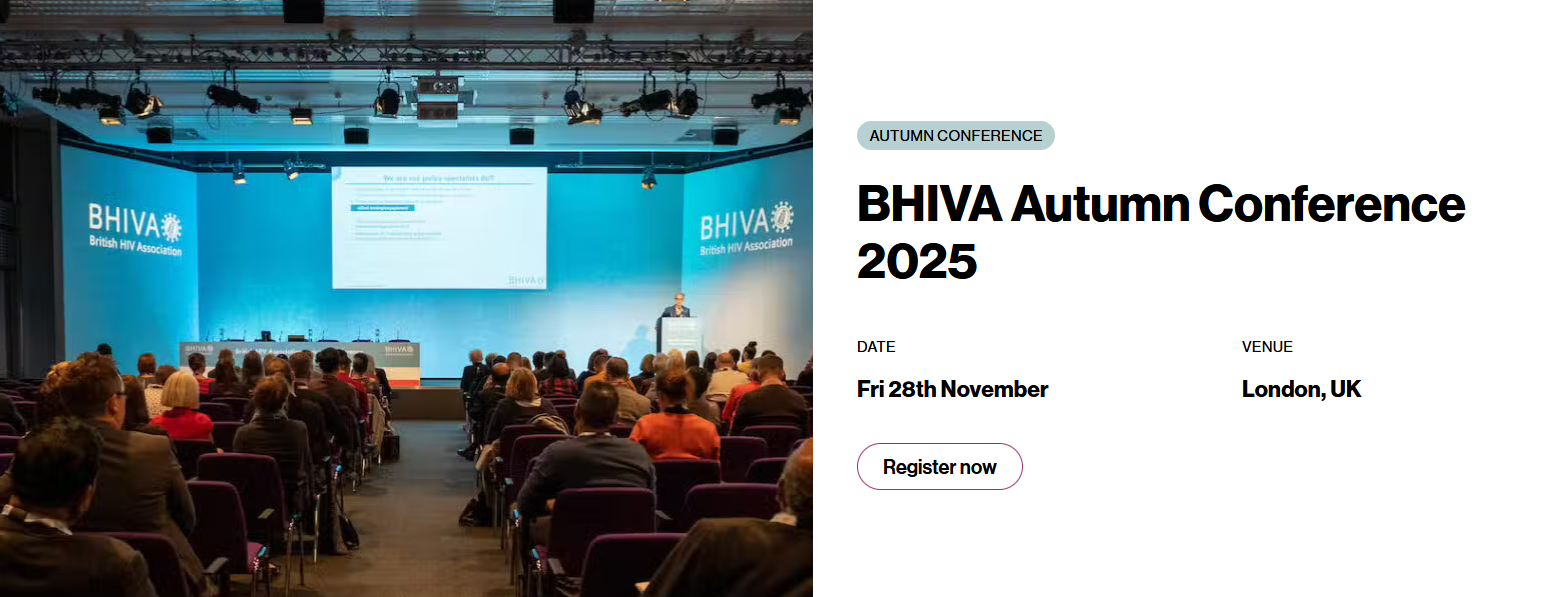
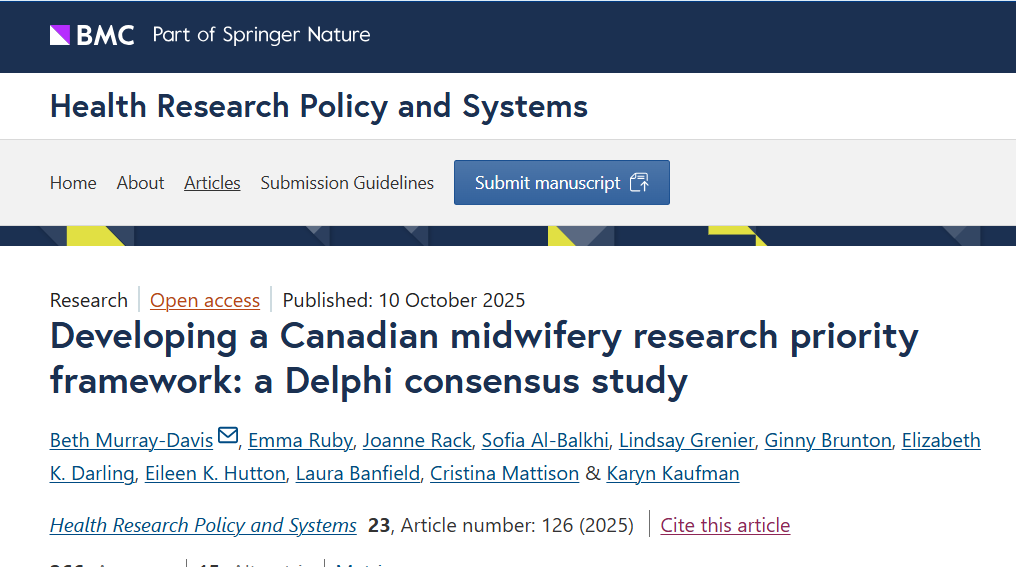



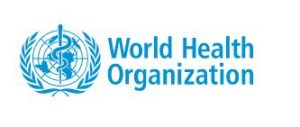












 Missing Persons Indicator Project Recruitment
Missing Persons Indicator Project Recruitment Celebrating our Research: Postgraduate Research Showcase 2026
Celebrating our Research: Postgraduate Research Showcase 2026 Nursing Research REF Impact in Nepal
Nursing Research REF Impact in Nepal Fourth INRC Symposium: From Clinical Applications to Neuro-Inspired Computation
Fourth INRC Symposium: From Clinical Applications to Neuro-Inspired Computation ESRC Festival of Social Science 2025 – Reflecting back and looking ahead to 2026
ESRC Festival of Social Science 2025 – Reflecting back and looking ahead to 2026 3C Event: Research Culture, Community & Cookies – Tuesday 13 January 10-11am
3C Event: Research Culture, Community & Cookies – Tuesday 13 January 10-11am ECR Funding Open Call: Research Culture & Community Grant – Application Deadline Friday 12 December
ECR Funding Open Call: Research Culture & Community Grant – Application Deadline Friday 12 December MSCA Postdoctoral Fellowships 2025 Call
MSCA Postdoctoral Fellowships 2025 Call ERC Advanced Grant 2025 Webinar
ERC Advanced Grant 2025 Webinar Horizon Europe Work Programme 2025 Published
Horizon Europe Work Programme 2025 Published Update on UKRO services
Update on UKRO services European research project exploring use of ‘virtual twins’ to better manage metabolic associated fatty liver disease
European research project exploring use of ‘virtual twins’ to better manage metabolic associated fatty liver disease